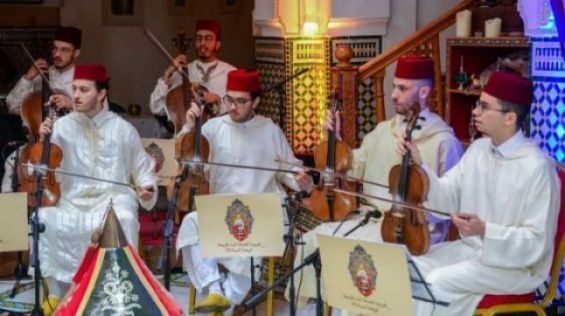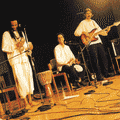The United Nations Educational, Scientific and Cultural Organization (UNESCO) has added Malhoun, urban sung poetry that originated in Morocco, to its intangible cultural heritage list. The request, filed by Morocco, was approved on Wednesday, December 6, during the eighteenth session of UNESCO’s Intergovernmental Committee for the Safeguarding of the Intangible Cultural Heritage, held in Botswana.
In a statement, the Moroccan Ministry of Youth, Culture and Communication hailed UNESCO’s decision, calling it an important tributary of Morocco’s artistic heritage.
According to the file submitted to the UNESCO Nominations Committee, Malhoun is an ancient Moroccan poetic-musical expression. It originated in the Tafilalet region in Eastern Morocco, where it initially developed within the corners of the region, then gradually spread and reached major urban centers, where it was mainly welcomed and performed within the craftsmen's guilds of the ancient cities.
According to specialists, the etymology of the term has two possible explanations. The first refers to using a language without noting grammatical constraints. The second, more likely, refers to the Arabic term «melhan», meaning «musical composition». Malhoun would therefore be a lyrical word according to a very rich poetic production based on poetry composed mainly in colloquial Moroccan Arabic or «zajal».





 chargement...
chargement...













